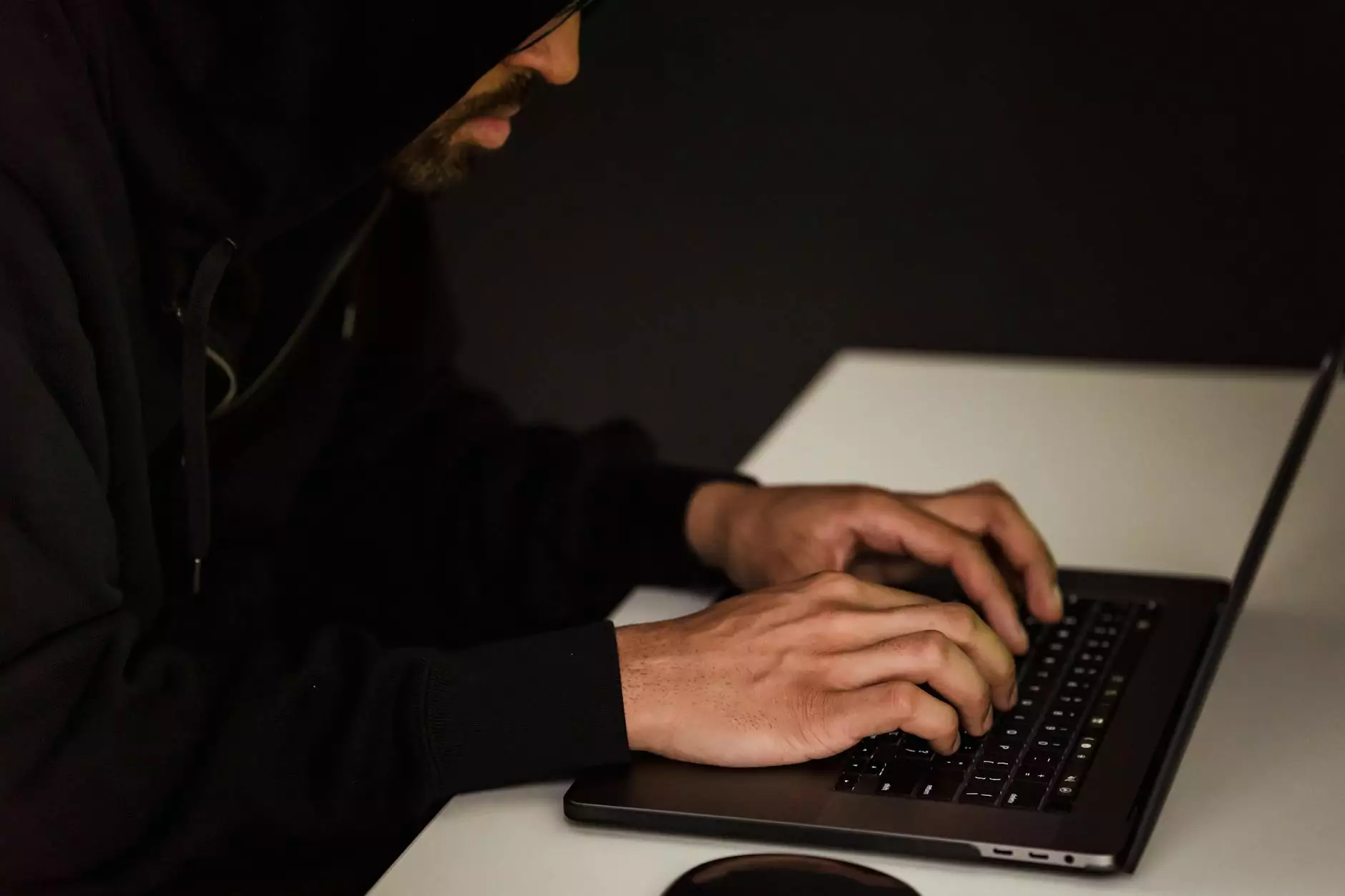The Impact of Fake Official Documents on Driving Schools

When it comes to the realm of official documents, the language used can play a crucial role in determining their authenticity. Unfortunately, in today's digital age, the proliferation of fake official documents has become a concerning issue. This deceptive practice not only poses risks to individuals but can also have far-reaching impacts on businesses, including driving schools.
Understanding the Significance of Authenticity
Driving schools, like many other businesses, rely on official documents to verify the identities and qualifications of their students. The use of fake official documents in this context can have serious repercussions. For instance, a student who presents a forged driver's license or identification card may not possess the necessary skills or qualifications to operate a vehicle safely.
Moreover, the reputation of a driving school can be tarnished if it is found to have overlooked the authenticity of documents provided by its students. This can lead to legal liabilities, loss of credibility, and a decline in enrollment rates.
The Risks of Deception
Individuals who engage in the production or use of fake official documents often do so with malicious intent. These documents can be used to misrepresent qualifications, evade legal requirements, or engage in fraudulent activities. In the context of driving schools, the consequences of such deceit can be severe.
By presenting forged documents, individuals may gain access to driving lessons and assessments for which they are not genuinely qualified. This not only endangers the safety of the driver but also puts others on the road at risk. Additionally, the reputation of the driving school may suffer irreparable damage if it is associated with individuals who have used fraudulent documents.
The Importance of Vigilance
Given the potential consequences of fake official documents, driving schools must exercise vigilance when verifying the authenticity of documents presented by their students. This includes conducting thorough checks, verifying information with relevant authorities, and staying informed about the latest techniques used in document forgery.
By investing in robust document verification processes, driving schools can protect themselves and their students from the risks associated with fraudulent documents. Furthermore, by promoting a culture of integrity and authenticity, driving schools can reinforce their reputation as trusted institutions committed to upholding standards of excellence.
Conclusion
In conclusion, the impact of fake official documents on driving schools cannot be underestimated. From compromising safety on the roads to damaging the credibility of businesses, the repercussions of document forgery are far-reaching. It is imperative for driving schools to prioritize document authentication and adopt stringent measures to prevent the misuse of fake documents.
By taking a proactive stance against fraudulent practices, driving schools can safeguard their integrity, protect their students, and contribute to a safer and more secure driving environment for all.



